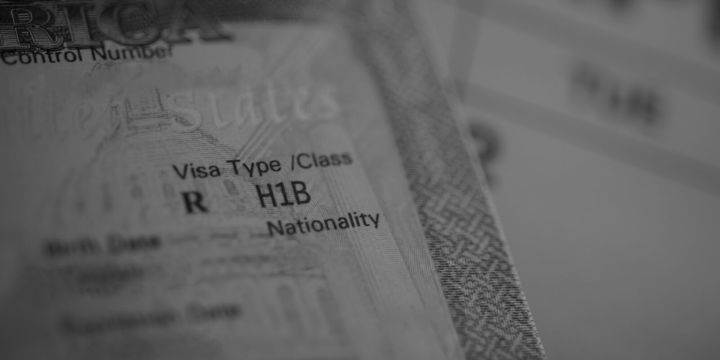Trump H1B Visa Fee Indian Skilled Workers Panic, Worsening US Doctor Shortage
- Sep 26, 2025
- 2 min read

A seismic shockwave is reverberating from Silicon Valley to New Delhi following the Trump administration's announcement of a staggering $100,000 fee for the H-1B visa, a critical pathway for skilled foreign workers. The move has ignited widespread panic across the global tech industry and threatens to cripple the US healthcare system by exacerbating an already critical doctor shortage.
The immediate reaction, particularly in India, has been one of chaos and disbelief. For decades, the H-1B program has been the bridge connecting America's innovative tech sector with India's vast pool of talent. Tech companies, long reliant on this program to fill highly specialized roles, are now facing an insurmountable financial barrier under the Trump H1B visa fee Indian skilled workers policy. The move effectively freezes a vital pipeline of skilled labor, leaving both companies and aspiring professionals in limbo.
However, the most acute and potentially devastating crisis is unfolding in our hospitals and clinics. The United States has long depended heavily on foreign-trained physicians to fill essential roles in underserved communities. Concerns are mounting that this prohibitive fee will directly worsen the nationwide doctor shortage, impacting patient care across America. The policy specifically targets many Indian doctors who have already spent years and significant funds training to meet rigorous US standards for residency programs, only to find the door slammed shut by a six-figure price tag.
Analysts suggest this policy may be viewed through a lens of broader anti-Indian racism, serving as a deterrent specifically aimed at one of the largest demographics of skilled immigrants. Beyond the political motivations, the human consequences are profound. For countless Indian medical graduates, the fee represents the end of a dream and a significant personal and financial loss.
The long-term implications for the United States are dire. By erecting this financial wall, the administration risks a significant "brain drain". Other developed nations are poised to welcome the highly skilled doctors and IT professionals that the US is now turning away, undermining America's capacity for innovation in critical sectors. The policy doesn't just block individuals; it threatens to dismantle the very engines of the nation's economic and medical prowess.











Comments